(Pittsburgh) January 12, 2018 According to PWSA testing data reported to state regulators, lead levels in PWSA water increased during the mandated testing period ended December 31, 2017.
Results of home lead tests conducted between July 1 and December 31, 2017 and reported at drinkingwater.state.pa.us show a 90th percentile lead level of 21 parts per billion (ppb), in exceedance of the 15 ppb EPA Lead Action Level. This result would be above the 15 ppb level shown in June 2017, and the 18 ppb level shown in December 2016. The June 2016 level was 22 ppb.
While PWSA has yet to officially communicate its result and may be able to legally exclude some individual tests, analysis of this raw data in accordance with the manner in which the reported result is to be calculated shows that lead levels in PWSA water are not receding from the dangerous levels found in prior testing rounds.
“Of course it is not surprising that our water is not getting safer, as to date no meaningful action has been taken to reduce this contamination,” Allegheny County Controller Chelsa Wagner said. “Nearly four years after the illegal corrosion control change that is believed to have spiked lead levels, we are told that it will still take several years more to even identify the location of all lead lines. While encouraging commitments have been made by PWSA to begin to replace a small number of lead lines annually, this falls far short of the urgent action required to ensure no child in our city is being subjected to an invisible toxin that risks lifelong harm. The fact is that no level of lead in our water is safe, and this problem will only be solved when the lead lines are gone.”
Controller Wagner has called for the past year for the City of Pittsburgh and PWSA to launch a comprehensive line replacement program to ensure no family is left at risk. Other cities around the country and in Pennsylvania have undertaken such programs at low or no cost to homeowners, ensuring their residents are protected and that money-saving economies of scale are created through an efficient approach to this work.
“We cannot justifiably hold ourselves out to the world as a smart city when we cannot even begin to address the primary public health issue impacting our residents,” Wagner said. “While we of course do not know what is contained in Pittsburgh’s proposal to Amazon, I’m willing to bet it does not mention that a quarter of our city’s homes are believed to contain dangerous lead water lines, and that families are still in the dark about where they are.
“The New Year should mean an end to the continued distraction and delay that has left this critical issue unaddressed. I encourage the Mayor and PWSA to immediately develop and put forward a viable emergency plan to urgently remove all lead lines,” Wagner said. “More urgently, the limited filter distribution program that was terminated six months ago must be reinstated. Even the lucky families who received a filter at that time are now seeing their replacement filters run out. These families should not be saddled with the additional expense of water filters amid PWSA rate increases and winter heating bills.”


